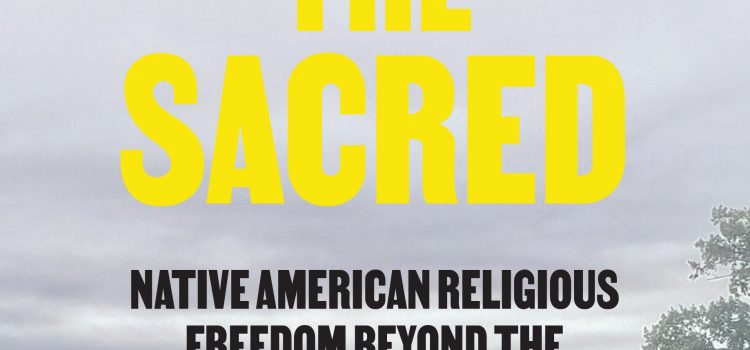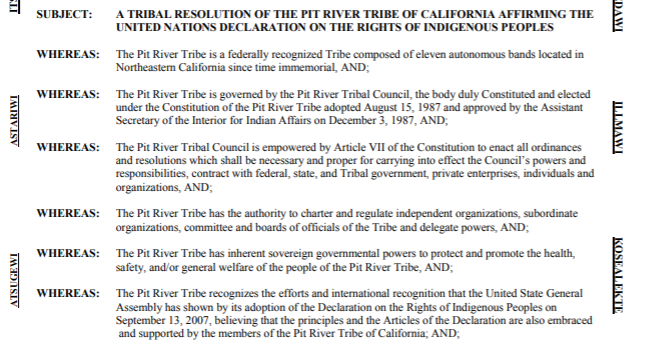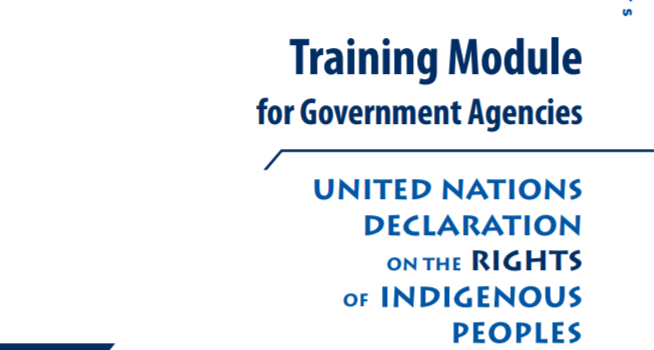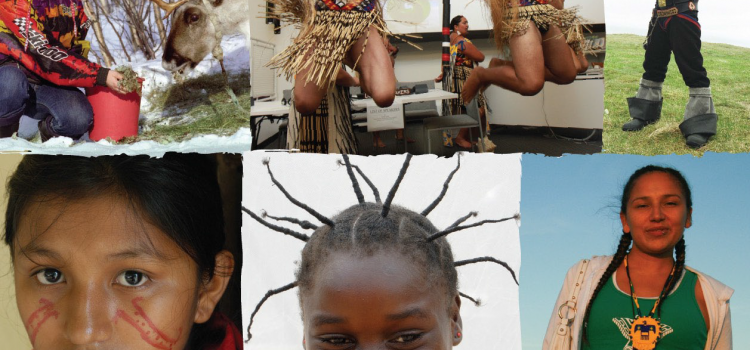Access to high-speed Internet service has become an essential component to the nation’s economy, education, and healthcare. However, federal data continues to show tribal lands are the least connected areas of the country. AIPI launched a survey to collect information
The Politics of Inclusion: Indigenous Peoples and U.S. Citizenship
This Article explores the dynamics of U.S. citizenship and indigenous self-determination to see whether, and how, the two concepts are in tension and how they can be reconciled. The Article explores the four historical frames of citizenship for indigenous peoples
Defend the Sacred

Implementation Conference Report Available at the CU Law Review

The Conference Report from the Project’s March 2019 gathering, is now available in the CU Law Review in February 2020 (Volume 91, Issue 2). March 15–16, 2019CONFERENCE REPORT A Call to Action for Inspired Advocacy in Indian Country Table of
UNESCO – Indigenous Peoples
Indigenous peoples live in all regions of the world and own, occupy or use some 22% of global land area. Numbering at least 370-500 million, indigenous peoples represent the greater part of the world’s cultural diversity, and have created and
Ensuring the Rights of Indigenous Children
2019 Conference on Implementing the United Nations Declaration on the Rights of Indigenous Peoples in the United States
2019 Conference Agenda and Program 2019 Conference Video – Panels 1 through 5 IMPLEMENTING THE UN DECLARATION ON THE RIGHTS OF INDIGENOUS PEOPLES IN THE UNITED STATESMARCH 15-16, 2019 Panel 1 Current Challenges in Federal Indian Law & the Promise
Pit River Tribe Implementation of the UN Declaration

A TRIBAL RESOLUTION OF THE PIT RIVER TRIBE OF CALIFORNIA AFFIRMING THE UNITED NATIONS DECLARATION ON THE RIGHTS OF INDIGENOUS PEOPLES
Training Module for Government Agencies. Facilitator’s Handbook

From the Training Module: … the Training Module seeks to achieve two major immediate objectives: To provide relevant policy information to training participants on indigenous peoples’ rights and issues as contained in UNDRIP, in particular the effective engagement of indigenous
Guide: Know Your Rights! United Nations Declaration on the Rights of Indigenous Peoples for Indigenous Adolescents

The text for Know Your Rights! (written for adolescent boys and girls, aged 13 –18 years) was prepared by Dr. Cindy Blackstock, a member of the Gitksan First Nation (Executive Director, First Nations Child and Family Caring Society of Canada
